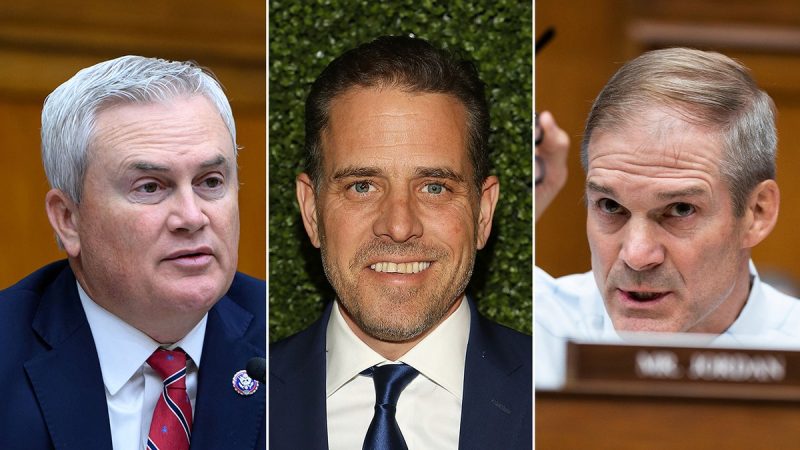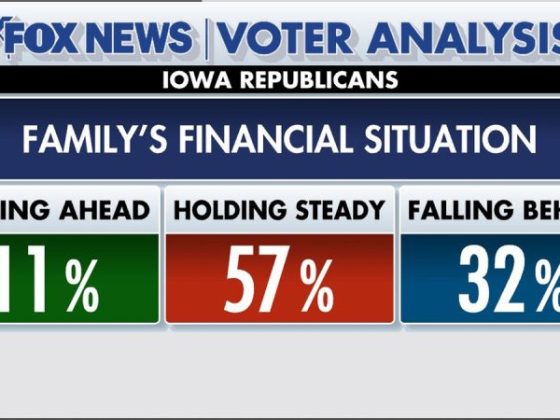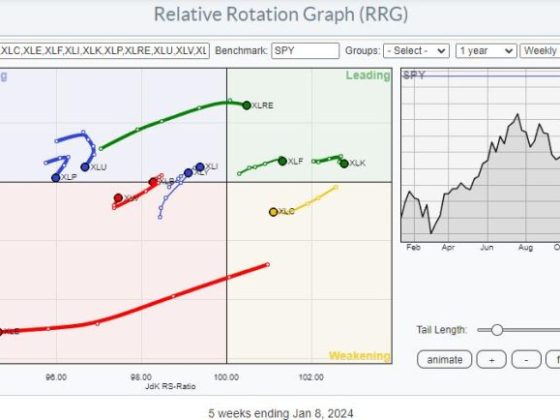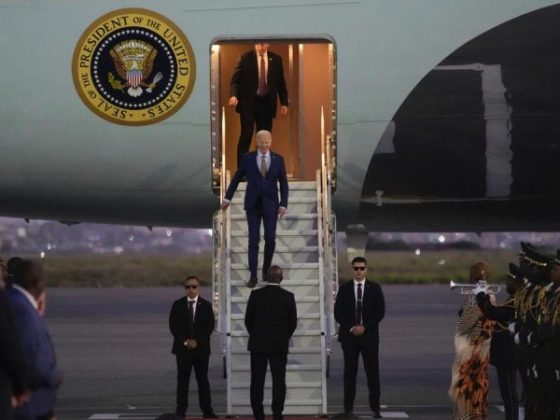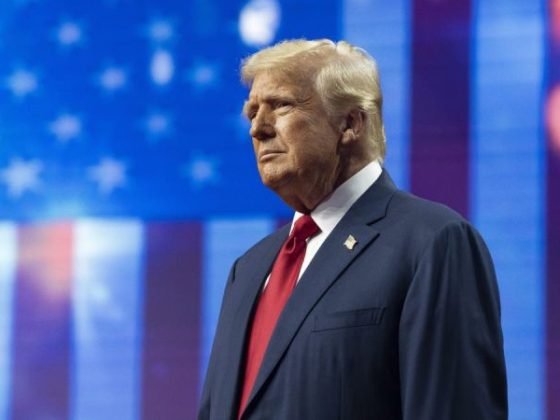Comer, Jordan are taking significant steps to issue a new subpoena for Hunter Biden, the son of United States President Joe Biden. This initiative is part of their ongoing efforts to scrutinize Mr. Biden’s overseas business dealings, particularly in Ukraine and China, with the goal of ensuring accountability, transparency, and the rule of law.
Hunter Biden’s business activities have been the subject of numerous investigations and his deposition may potentially reveal more details about his dealings. This demand of Comer, Jordan to issue a new subpoena has reignited talks about the deposition, engendering divergent views from different quarters.
As members of the United States Congress, James Comer and Jim Jordan have integral roles in maintaining checks and balances within government affairs. The strategy to issue a new subpoena exhibits their commitment to fulfilling this role, ensuring that the son of the president is not beyond the reach of the law, assuming that there may be potential conflicts of interest or any other form of wrongdoing.
This development drawn by Comer, Jordan is not without controversy, given the political undertones that are invariably linked with governmental checks and balances. Their decision to issue a new subpoena for Hunter Biden also serves as a reminder of the highly polarized nature of U.S. politics, as politicians continue to scrutinize each other’s actions and relationships to affirm their credibility and accountability to the public.
Some critics argue that this proposed subpoena is politically motivated, seeing it as a smear campaign against President Biden. Others, however, praise the proposal as a necessary step toward accountability and transparency in government. Despite these critics, Comer and Jordan have emphasized that the subpoenas are focused on Hunter Biden’s business dealings, rather than his personal life.
Considering Hunter Biden’s roles in foreign companies – particularly Ukrainian energy company Burisma and Chinese equity firm BHR Partners – it is crucial to investigate whether these positions may have affected U.S. foreign policy during the time his father was Vice President under the Obama administration. These interactions potentially illustrate a blurry line between private interests and public service.
The issuance of a new subpoena for a deposition is a clear indication that Comer, Jordan are not backing down on their commitment to investigate Hunter Biden’s overseas business transactions. They remain resolved in their quest to foster transparency and accountability. Comer and Jordan reflect the resilience of the system of checks and balances, reiterating that no one is above the law.
It is expected that the renewal of the proposal for Hunter Biden’s deposition will usher in a fervent debate in Congress and the public space. As developments unfold, it will be crucial to set any political partisanship aside and focus on finding the truth behind these business dealings in order to maintain overall integrity in the government.
The investigation’s resolution will not only have consequences for the Biden family but also for the broader perception of U.S. governance. The tension between the pursuit of justice and perceived political targeting will continue to shape political discourse as this high-profile subpoena joins a litany of other contentious investigations in recent political history.

